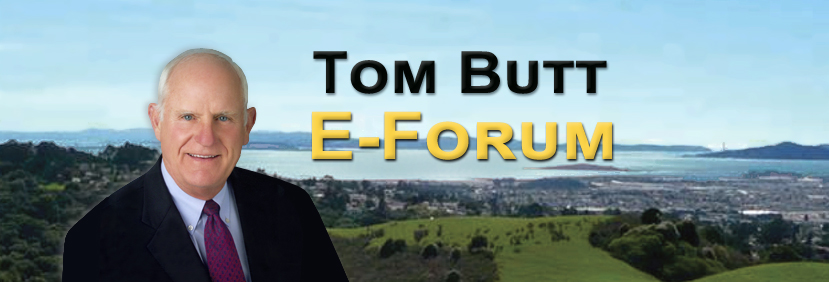|
| City announces $550 million settlement with Chevron, withdrawal of oil refinery tax ballot measure
Soren Hemmila
Aug 13, 2024 — 4 min read

Groups gather for a rally at Civic Center Plaza before the Richmond City Council meeting on Tuesday, June 18, 2024. Photo/ Soren Hemmila
According to the proposed settlement, Chevron, the City Attorney, and a City Council ad hoc committee have negotiated an agreement that will end the current lawsuit and the threat of new ones.
Chevron initially offered the city $300 million or $30 million per year but, after negotiations, agreed to pay the city $550 million over 10 years, with $50 million for the first five years and $60 million for the following five years.
At its June 18 meeting, the Richmond City Council unanimously approved a resolution placing the oil refining business license tax on the November ballot.
If passed by voters, the ordinance would have created a business license tax dubbed the “Make Polluters Pay tax” on oil refining at the rate of $1 per barrel of feedstock refined within the City of Richmond for the 50-year life of the tax.
The measure, supported by the Asian Pacific Environmental Network, Communities For A Better Environment, and the Service Employees International Union 1021, could have collected $60 million to $90 million per year.
According to City Attorney Dave Aleshire, the Coalition for Richmond’s Future and Daniela Dickey sued the city, challenging the ballot language the city council approved to describe the proposed refining tax on the November 2024 ballot.
“The Contra Costa Superior Court has issued a tentative ruling requiring changes to that form of question, but the parties have yet had opportunity to argue the case to the court,” Aleshire wrote in the agenda report.
Aleshire said Chevron has stated that the ballot measure has legal flaws and made clear its intention to sue to challenge the tax if voters approve it.
“The city disagrees with Chevron’s legal critique but cannot deny that litigation is likely and may be long-lasting and expensive. The Los Angeles County City of Carson adopted a similar refining tax in 2017, and the matter is still in litigation, and the city has not been able to spend any of the tax revenue,” Aleshire wrote.
According to the proposed settlement, the funds will be general fund money, and Chevron will not take public credit for any of its expenditures.
Richmond retains the power to impose new taxes on Chevron during the 10-year life of the proposed agreement. However, Chevron is permitted a credit of the payments against those new taxes.
“This ensures Chevron gets the benefit of its bargain. A similar provision appears in the 2010 settlement agreement that expires next year,” Aleshire wrote.
Chevron will also pay the city’s Measure U business license tax and utility users tax at current rates.
The Richmond City Council must act by the elections code deadline of August 14, 2024, to remove the measure from the ballot. It will hold another special meeting at noon on August 15.
District 5 Councilmember Soheila Bana said she thinks it is essential for the council to discuss Chevron’s proposed settlement as a group seeking the best resolution for the community.
“There has been some mistrust with Chevron, but I reached out to the mayor and requested that Chevron’s proposal be discussed by all of us—representatives of the Richmond community—at the City Council,” Bana said. “If we are going to reject it, we need a strong, justified reason. I emphasized the importance of securing their best offer before making any final decisions. I’m proud of the mayor and Vice Mayor Jiménez for their excellent negotiation efforts, which have resulted in an agreement with Chevron that benefits the people of Richmond.”
Click to become a Grandview Supporter here, or make a one-time donation here. Grandview is an independent, journalist-run publication exclusively covering Richmond, CA. Every cent we make funds reporting from Richmond's neighborhoods. Copyright © 2024 Grandview Independent, all rights reserved. |

